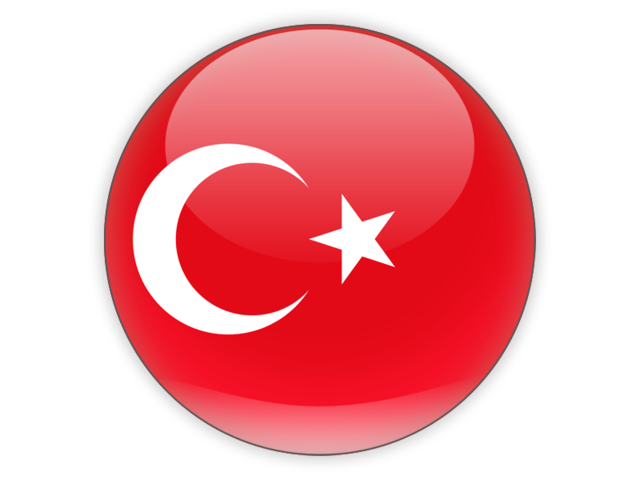
Even though Turkey and Indonesia are very different countries, they do have something in common: long histories of bad money. When Turkey joined the International Monetary Fund in 1947, 2.8 Turkish lira would fetch one U.S. dollar. Now it’s 1.2 million lira. That’s a depreciation of 429,000 times against the dollar. The Indonesian rupiah is even worse off. Since Indonesia’s independence in 1949, the rupiah has depreciated more than 2.9 million times against the dollar.
The two nations share another dubious distinction. They are both economic protectorates of the International Monetary Fund (IMF) and its misbegotten micromanaging. This micromanaging has failed to stabilize their currencies and economies and has pushed Indonesia to the brink of chaos.
To encourage exchange-rate stability, the fund had Indonesia float the rupiah in August 1997—and the rupiah since has lost 78% of its value against the dollar. Among other things, the collapse of the rupiah destroyed the balance sheets of countless private businesses that were laden with dollar-denominated debt. It also left Indonesia’s banking system insolvent. Forced to recapitalize the banks, Indonesia has seen its public debt jump from 30% of gross domestic product before the crisis to 120%. Consequently, Indonesia is in a debt trap, with an incredible 35% of governmental revenues going to pay interest on the debt.
That’s not all. The IMF also requires Indonesia to completely overhaul its governmental operations and restructure its economy, something the fund knows little about. Needless to say, little popular support exists for this. The only result is an unstable political environment in Jakarta. Amid lawlessness and separatist rebellions, President Abdurrahman Wahid faces possible impeachment. And a restive military eyes a power grab.
The IMF’s quasi-revolutionary reform program was designed by bureaucrats in Washington, D.C., and imposed on Indonesia from the top down. History has shown that reform programs that resulted in major economic transformations have been from the bottom up. All were homegrown and pushed through by local leaders, whatever you may think of them: Pinochet in Chile, Thatcher in the U.K., Reagan in the U.S. and Deng in China.
Unfortunately, the IMF used the same cookie cutter to design the Turkish program that it did for Indonesia’s. Sure enough, the floating of the lira on Feb. 22 has led to a lira devaluation of 43% against the dollar. The collateral damage has been enormous. Balance sheets are tattered; many businesses and banks have crumbled. The economy is contracting rapidly, and the government is in a debt trap even more viselike than Indonesia’s.
Turkey’s latest agreement with the IMF, signed on May 15, gives it $8 billion more from the fund, bringing the total to $19 billion. To get that money, Turkey must impose on its population a batch of changes dictated in excruciating detail half a world away, ranging from massive privatizations to subsidy cuts. Some of the IMF’s mandates have actually required Turkey to amend its constitution.
Turkey’s new economic czar, Kemal Dervis, remains popular, but the fund’s top-down dictates do not garner the same support. Not surprisingly, its program is roiling Turkey’s political waters. The removal of tobacco subsidies required the forceful hand of Prime Minister Bulent Ecevit. The cost was high: His political coalition has begun to unravel. Yuksel Yalova, the state minister for privatization who attempted to delay the subsidy removal bill, subsequently resigned. Most recently, Sadettin Tantan, the interior minister and leader of Turkey’s anticorruption drive, quit the cabinet. Turkey’s powerful military is primed to take over.
With luck, Turkey won’t sink as deep as Indonesia, where even the IMF has temporarily thrown in the towel. For one thing, there is grassroots support building for a Turkish currency board, which would lock the lira to the euro. Dervis won’t rule out either a board or scrapping the lira altogether and installing the euro as the national currency. And since Turkey occupies a vital strategic position as a NATO staging area, maybe the IMF will wise up and let the Turks initiate their own sound-money strategy. That’s a big maybe.
Author Steve H. Hanke

0 responses on "Turkey: Here We Go Again"